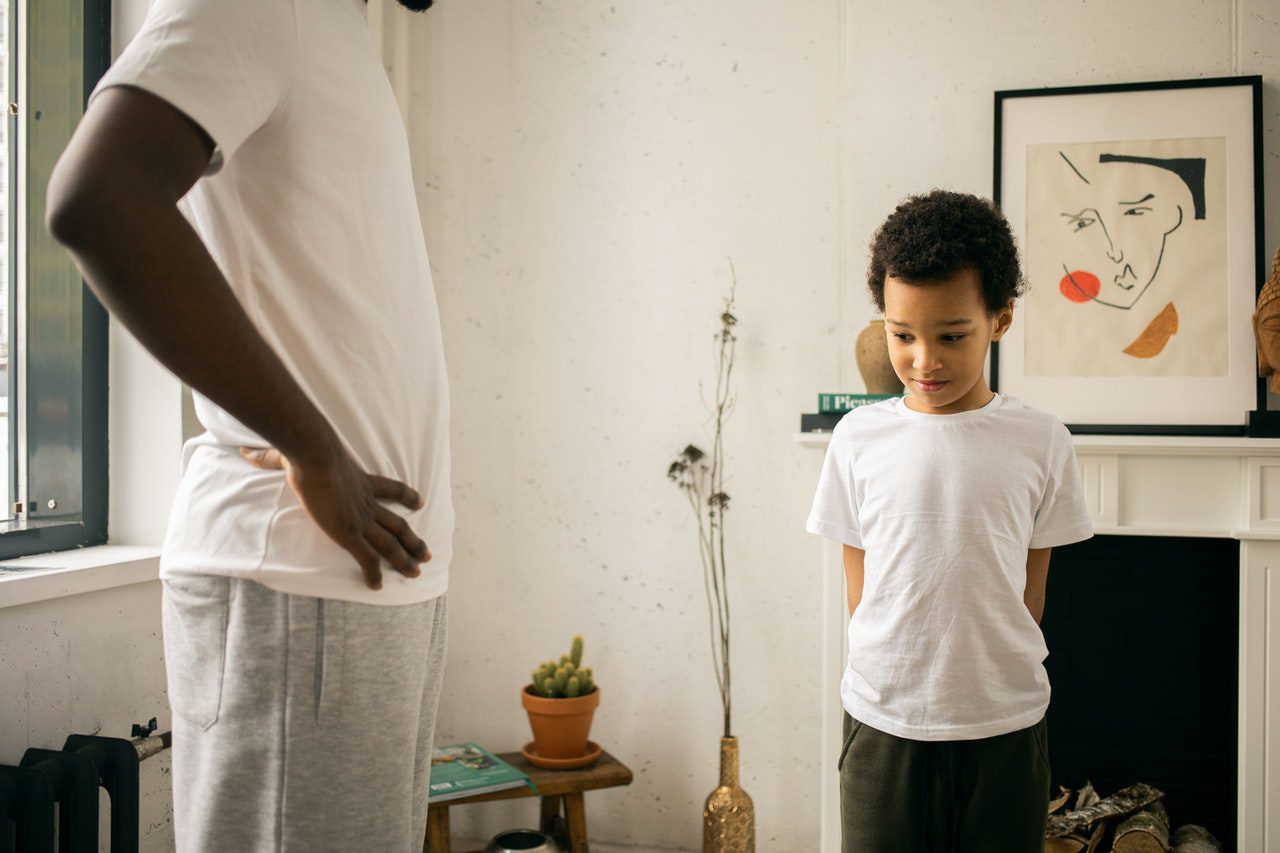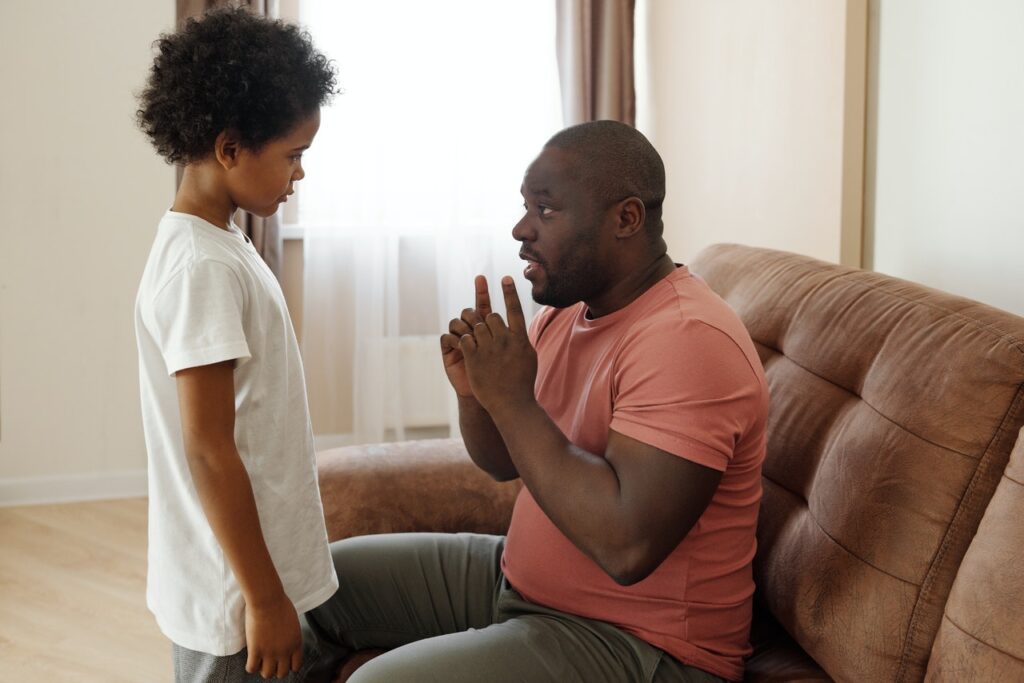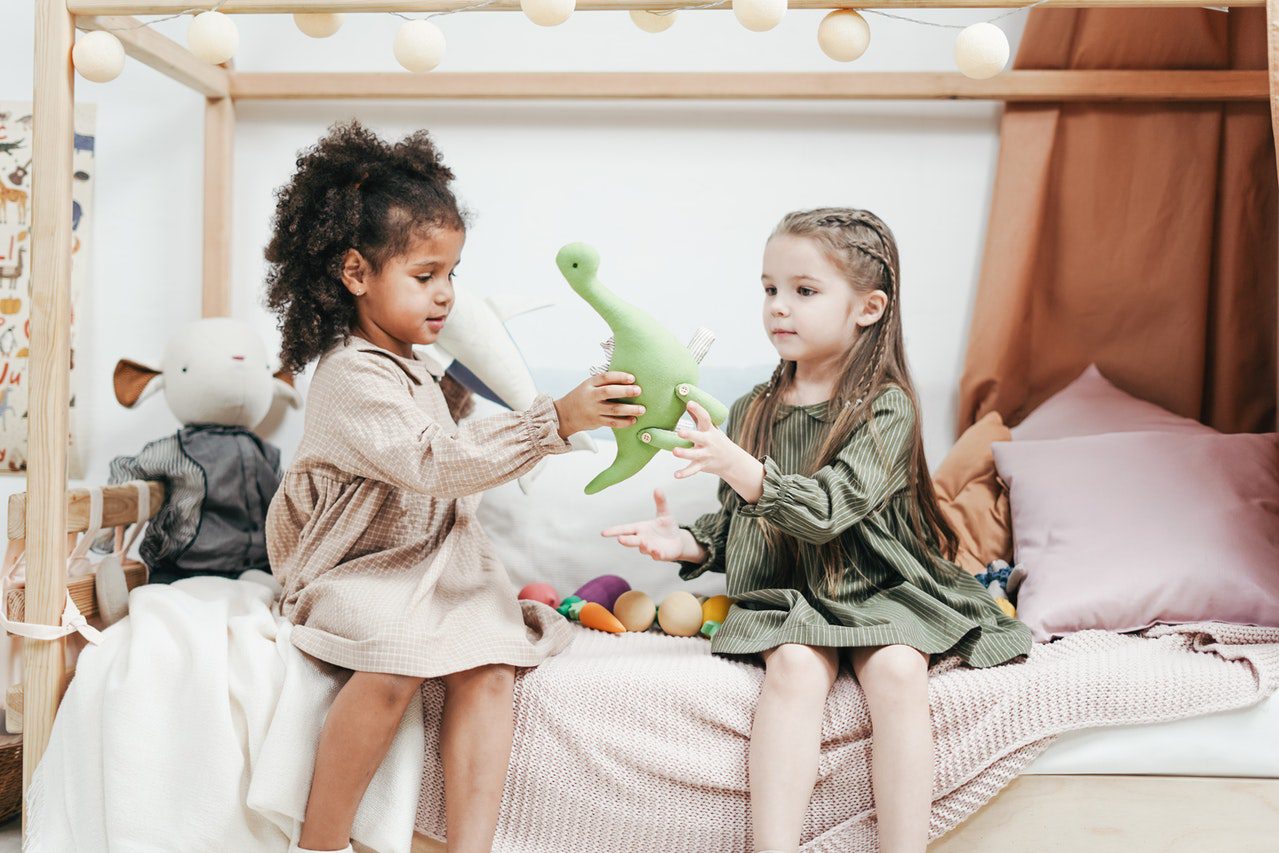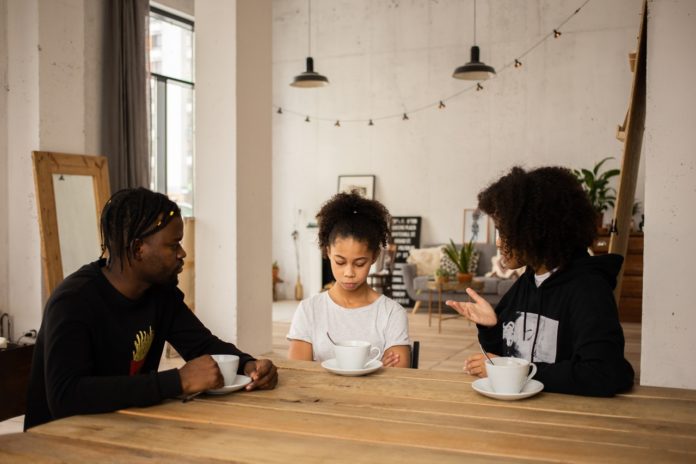Children are like clay, and childhood molds them to be the adults they end up being—experiences of childhood shape people in ways that you may never speculate. Even the minutest thing we experience as a kid manifests itself in our nature. For adults who have been through childhood trauma, maintaining relationships and healthy sex life may become a challenge. Dr. Chloe Haaz Sica, Psy.D.Licensed Psychologist talks about childhood trauma and its aftermath.
What is childhood trauma?
You might ask what childhood trauma is. Here is what Dr Chloe has to say, “I would define it as an event or a series of events that occurred during the childhood years that the child experienced as overwhelming or the event exceeded their coping ability. It’s often an event that is frightening to the point where the child perceives that they might encounter a significant loss, or that can even be the event that they witnessed or heard about, or were exposed to. There are so many things that may be classified as trauma, separation from a caregiver, and sexual abuse, to name a few.”
“An unloving parent, constant comparison, or body shaming may be considered traumas depending on the child’s perception and ability to cope with these stressors,” she added.
How does it affect the relationship and sex life of the affected individual?

Dr. Chloe said, “Childhood trauma can affect how the personality develops. If the person doesn’t get the opportunity to resolve the childhood trauma, as they become adults, they can bring a lot of those kinds of wounds into the relationship with their partner. And that could present in many different ways. For example, let’s say somebody had a lot of abandonment in their childhood, so when they get into a relationship with a partner, they may face difficulties in establishing trust. And even the little thing that their partner may not even notice can trigger similar feelings that the person has experienced before, and this is all happening unconsciously most of the time. You can say that the betrayal button gets pushed in their mind in this new relationship that is completely separate from the one they had trauma with as a child, but once the button gets pushed, it almost brings them back to as if they were being betrayed again. In this sense, childhood trauma can skew a person’s perception to see and believe things that may not be accurate for the current situation.”
She continued, “For the impact on sex life, it depends on the type of trauma that the person has experienced. Sex is one of the most intimate and vulnerable experiences two people have together and trauma is the experience of terror. So one’s sex life area of one’s life can be a place where some triggers may come in again. It pushes different people in different directions. Some people may avoid sexual relationships and others may avoid emotional closeness, or both. We tend to avoid the things that cause us deep fear. At times fear can lead us to avoid things in complex ways, such as the person who may actually pursue many sexual partners to compartmentalize to make the relationship become more about just sex and close the opportunity for deeper connection because that would make them vulnerable to what truly terrifies them. They would have to trust the other person, rely on them, and maybe this is one area where the person experienced the trauma and want to avoid that. Sometimes they may become reckless with the protection to relive the trauma in an attempt to process it. And, of course, it’s an unconscious way to process it, so it can’t be effective; instead it may actually hurt them.”
How to overcome the trauma?

Here is what Dr. Chloe has to say to people who are battling childhood trauma, “It’s a trauma; it’s one of the most difficult experiences of one’s life. Considering this, it will be difficult to resolve trauma without the help of the right professional to guide the person. Even the professional should be fully trained to deal with traumas.”
She continued by saying, “While resolving the trauma with a professional, the first step is establishing trust. Everybody is different. Some people might require just a few sessions, and sometimes it takes months. It is preferred to establish a connection and a safe relationship with the therapist as a first step.”
“When the person is ready, and a certain rapport is established, the next step is talking through the trauma. Often talking about the trauma requires repetition in order to fully process it and restore a feeling of safety, control and organization of one’s self, as trauma shatters are sense of ourselves and the world. Because we often try to avoid trauma in all ways possible. We avoid thinking about it, any reminders of it, and experiences that bring up similar feelings.”
“The idea is to face the trauma by talking to them and taking them through the experience, the memories, how the person processed everything then, and how they adapted to survive then. Imagine your desk. You have your filing cabinet, and everything is organized. But with trauma, it’s like one file has been taken out and left on the table, and when you see anything that resembles that, all the files start flying uncontrollably. But when you are processing the trauma in therapy, you are taking control of all the files so that you can take them out and put them back whenever you want. And it’s not dictating your thoughts and feelings without your control.”
She added, “But if the person doesn’t feel ready to talk to a therapist, they can create a safe space or a sort of retreat zone that gives them similar feelings of safety and control. It could just be a room in your apartment where you can do something to express yourself and take a break from all of the effort it takes to carry around a traumatic memory all day every day.”
How can I, as a parent, protect my child from getting traumatized?

For parents who are worried about their child experiencing something traumatizing, here is a piece of advice from Dr. Chloe, “As children get older, they become more independent, and we gradually lose the control we can exert over their environment, friends, etc. The best way to prevent childhood trauma from happening is to build a strong relationship with your child, validating their feelings, asking them questions, and listening with an open mind. So that even if a trauma happened that you could not have prevented and you have a strong bond with your child, they are most likely to approach and tell you what happened instead of bottling up the secrets.”
She said, “Often, if the child doesn’t get the opportunity to open up with an adult and let them make sense of the situation, they come up with their conclusions. Sometimes those conclusions are full of cognitive distortions. For example, if a child is bullied at school and doesn’t get the chance to discuss it with an adult. The child might conclude that they deserve that, and everything the bullies are saying is true.”
“Another important thing that you as a parent can do is to prepare your child for the challenges you are aware of that lie ahead to prepare them for some doses of adversity. It can be mundane changes like moving or the first day at school or major challenges like puberty or dating,” Dr. Chloe added.
“Even these expected changes have elements of loss in them as we move from one state of being to another. Helping our kids know that change is okay gives them confidence in themselves and the world as a (mostly) safe place.”


